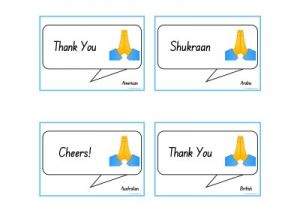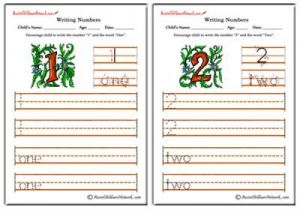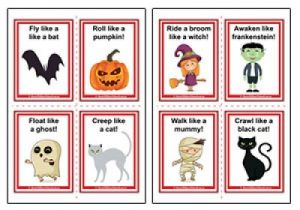

NSW Health is currently seeing an increase in the number of COVID-19, influenza and respiratory syncytial virus (RSV) cases in ECEC services and is predicting cases to grow over the coming months.
The Germs Posters are visual posters for children to understand how to keep germs to themselves. These are a great reminder for children to stay healthy.
We all know about the common symptoms of COVID 19, which may include a runny nose, fever, and loss of taste and smell. However, the Department of Health of Victoria and NSW are reporting that gastro can also be a symptom of COVID amongst children.
On Friday 29th July go crazy and raise awareness about cystic fibrosis by encouraging children and Educators to wear their craziest hair for the day.
As the winter approaches, while working in a service, Educators and children will be prone to colds and flu this season and with the coronavirus epidemic still, around, symptoms can be similar.
There has been an outbreak of cases of whooping cough across the Hunter region and parents have been urged to keep children at home if they are displaying any symptoms.
SA Healthy Deputy chief medical officer, Associate Professor Nicola Spurrier, confirmed that children attending childcare or preschool had a higher risk of getting more infections than children who do not attend as children's hygiene is not very good which makes infections spread easily.
The spread of certain infectious diseases can be reduced by excluding the child or Educator, known to be infectious, from contact with others who are at risk of catching the infection. The following information details the recommended exclusion periods for infectious diseases. These are based on how long a child/educator with a specific disease is likely to be infectious and to be excluded from the service until they have passed the exclusion period and well enough to return.
NSW Health has issued an alert for an outbreak of measles in South Western and Western Sydney.
Three infants and a young adult from the western Sydney region, and a young adult from Queensland who spent time in far northern NSW, have contracted the disease.
Of the cases, the three were infants were too young to be vaccinated and the adult could not remember their vaccination status. One infant acquired the disease from a previously reported case.
It is important for everyone to ensure that they have received at least two doses of measles containing vaccine (MMR). Infants and young children are vaccinated with measles containing vaccine at 12 months and 18 months of age. Older children and adults born during or after 1966 should ensure that they have been vaccinated with two doses of vaccine. The Measles vaccine is free, so please make sure you visit you local GP and make sure you have had the recommended 2 doses.
Symptoms of measles include fever, sore eyes and a cough followed three or four days later by a red, blotchy rash spreading from the head and neck to the rest of the body.
People with measles symptoms should seek medical advice as soon as possible, stay home from work or school, and limit other activities to avoid exposing other vulnerable people, such as infants, to the infection.Children shold be excluded for 4 days after the onset of the rash
For more information in regards to signs, symptoms and prevention of measles, read: Measles
Reference:

Thank You In Different Languages Posters show how to say Thank You in languages from...
View Worksheet...
Worksheets of writing numbers and tracing number words 1 to 20 - flowers theme
View Worksheet...
Halloween Gross Motor Movement Cards are a great way to get children moving enabling children...
View Worksheet...© 2009-2025 Aussie Childcare Network Pty Ltd. All Rights Reserved.

